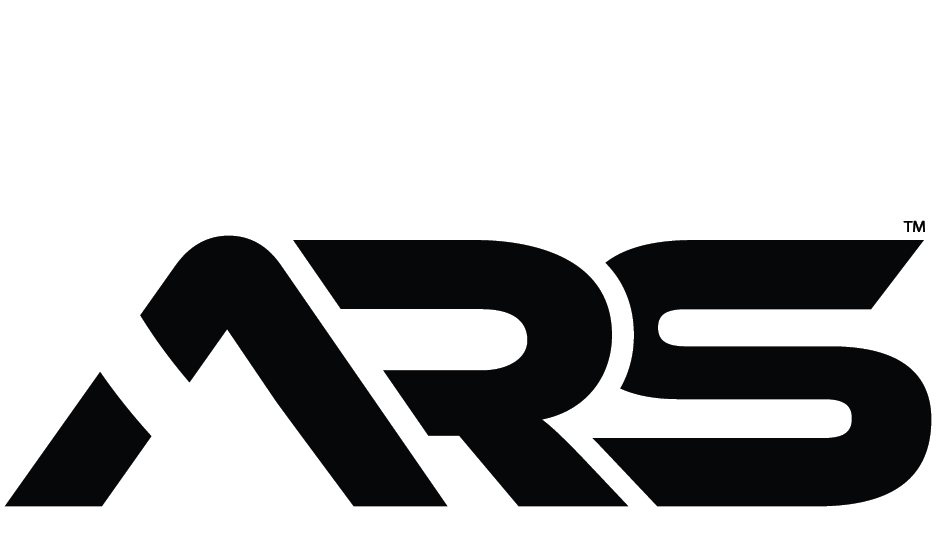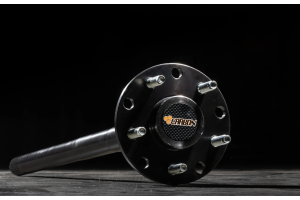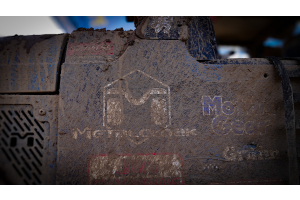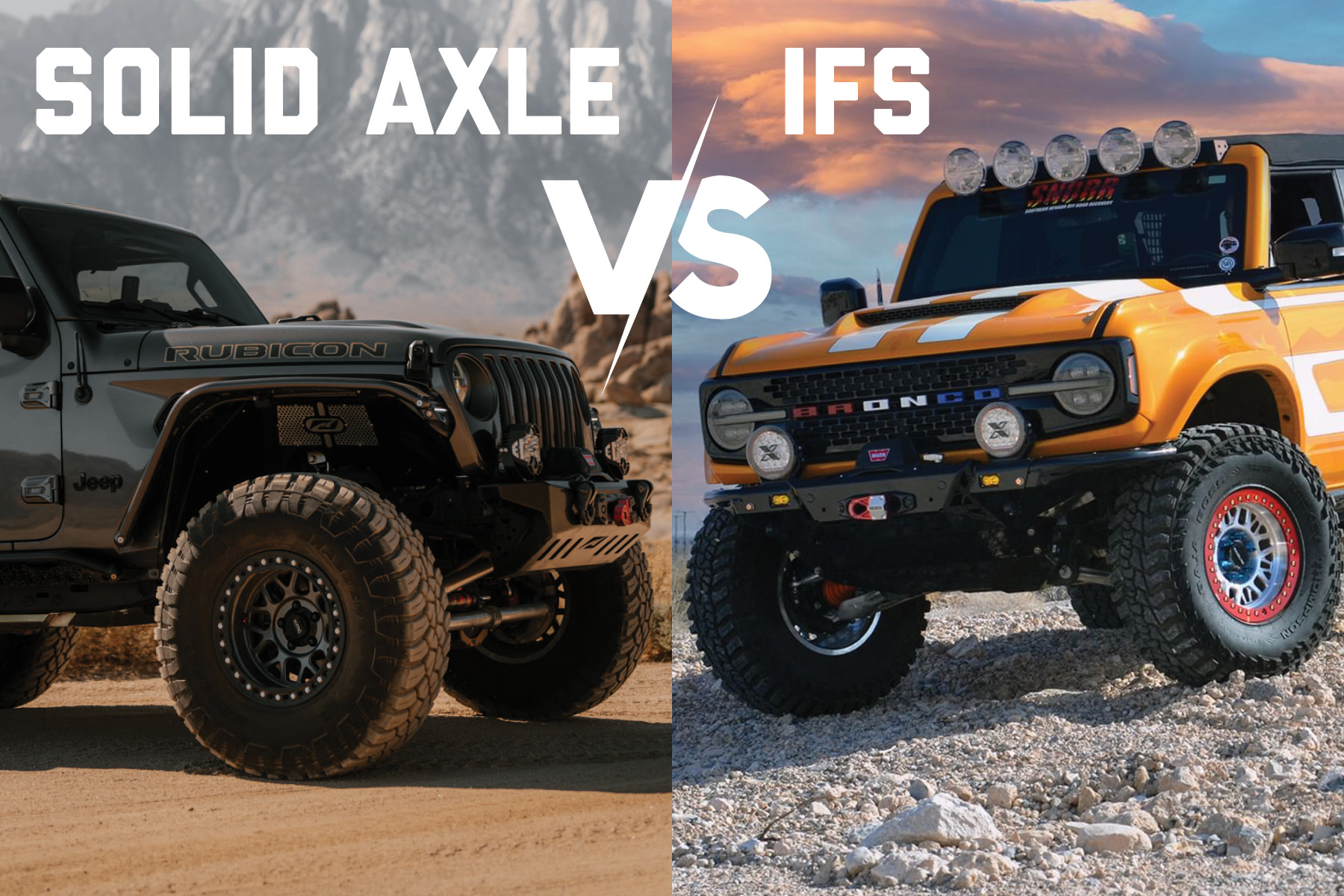
Solid axles and Independent Front Suspension (IFS) are two common choices of suspension systems that often spark debate among the off-road community. But what exactly sets them apart, and which one is right for your driving needs? In this blog post, we'll dive into the differences between IFS and solid axles, highlighting their pros and cons to help you make an informed decision.
What Is Independent Front Suspension (IFS)?
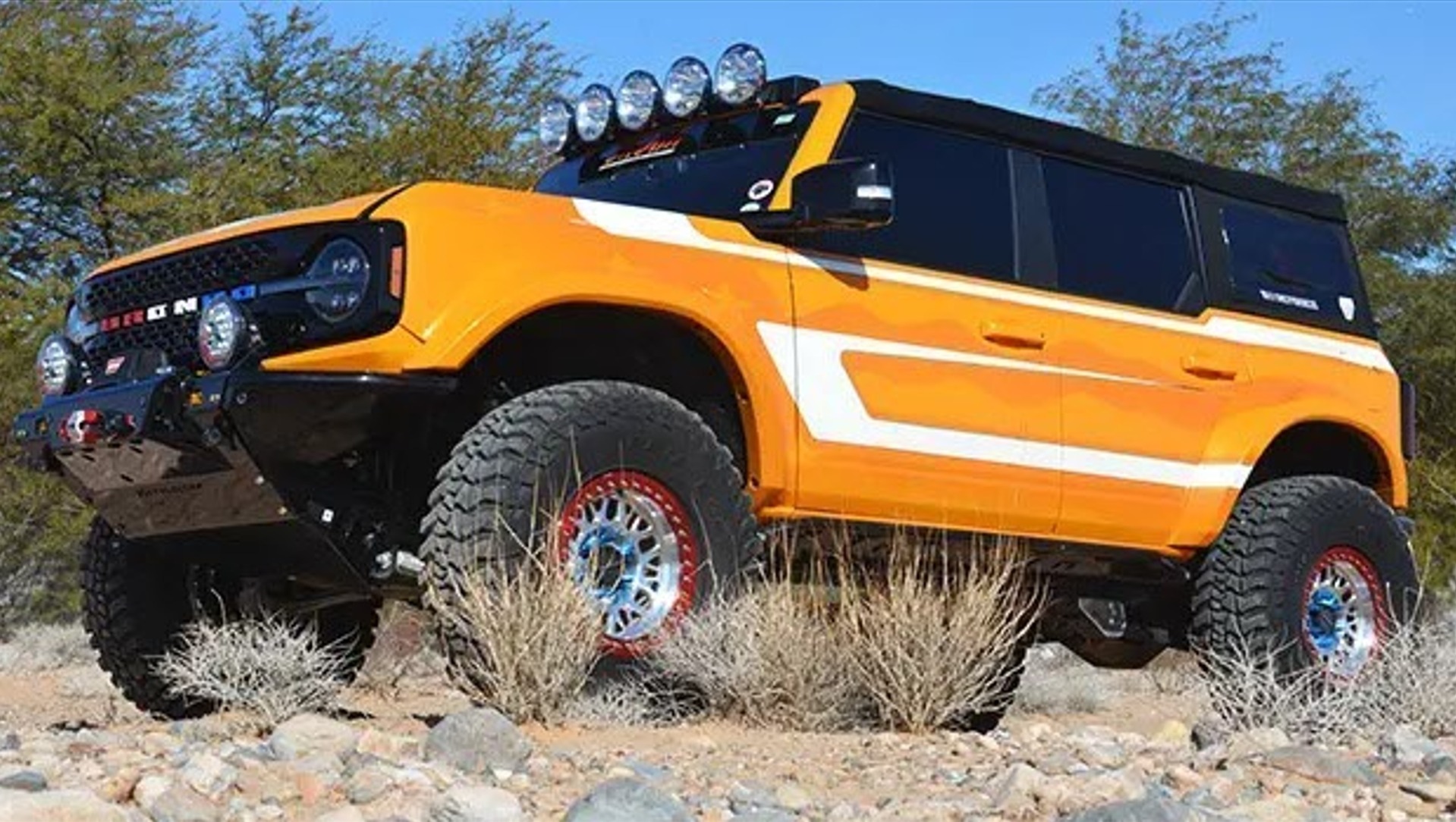
IFS allows each front wheel to move independently, thanks to its dedicated suspension system. This design offers several benefits, including improved ride comfort, enhanced handling, and better traction on certain terrain. IFS is typically preferred by those that like to go fast through the dirt – think pre-runners, Baja trucks and a wide assortment of vehicles purpose built for the desert.
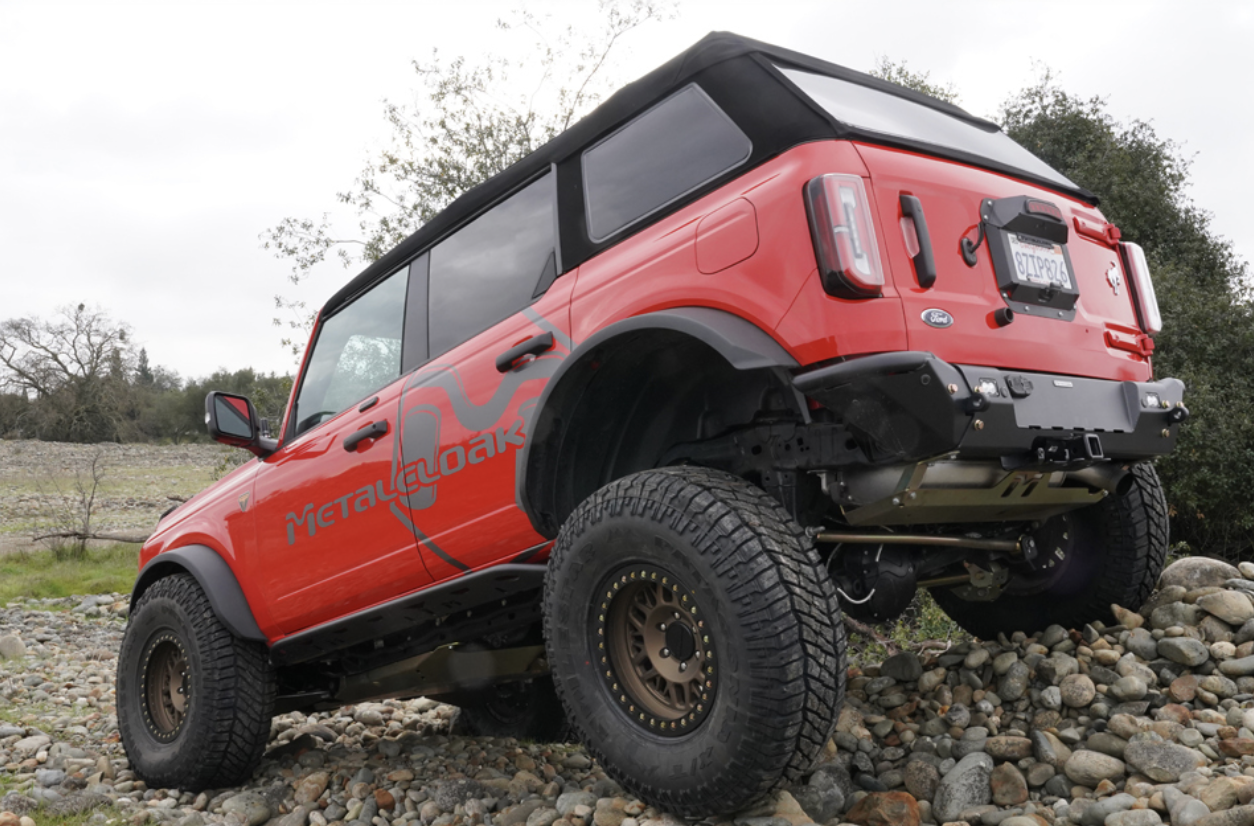
Pros of IFS:
Superior Ride Comfort: IFS absorbs bumps and vibrations more effectively, resulting in a smoother drive.
Enhanced Handling: The independent movement of each wheel provides better control and stability, particularly at higher speeds.
Optimal Traction: IFS maintains better traction in situations where extreme articulation is not necessary, making it suitable for both on-road and moderate off-road driving conditions.
Cons of IFS:
Complexity: IFS systems are more intricate and can be costly to repair or modify.
Reduced Durability: Some argue that IFS components are less durable than solid axles, particularly in more extreme off-road conditions.
What Is a Solid Axle?
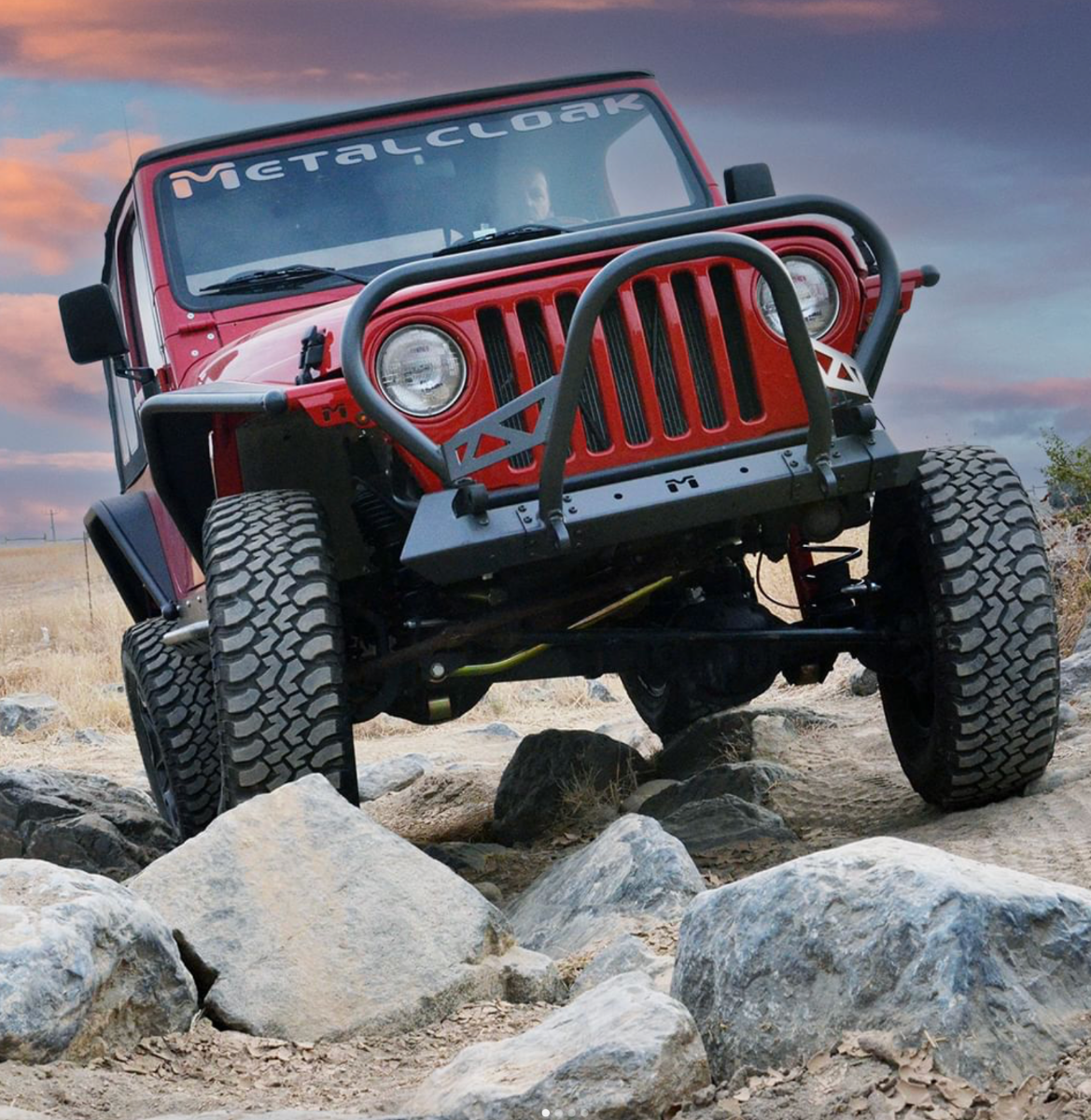
A solid axle connects both front wheels, moving as a single unit. Known for its durability and simplicity, this suspension system is favored by many off-road enthusiasts for its performance in situations calling for extreme articulation. Solid axles are typically preferred by those that will be navigating challenging terrain at a slower pace like rock crawlers and buggys. 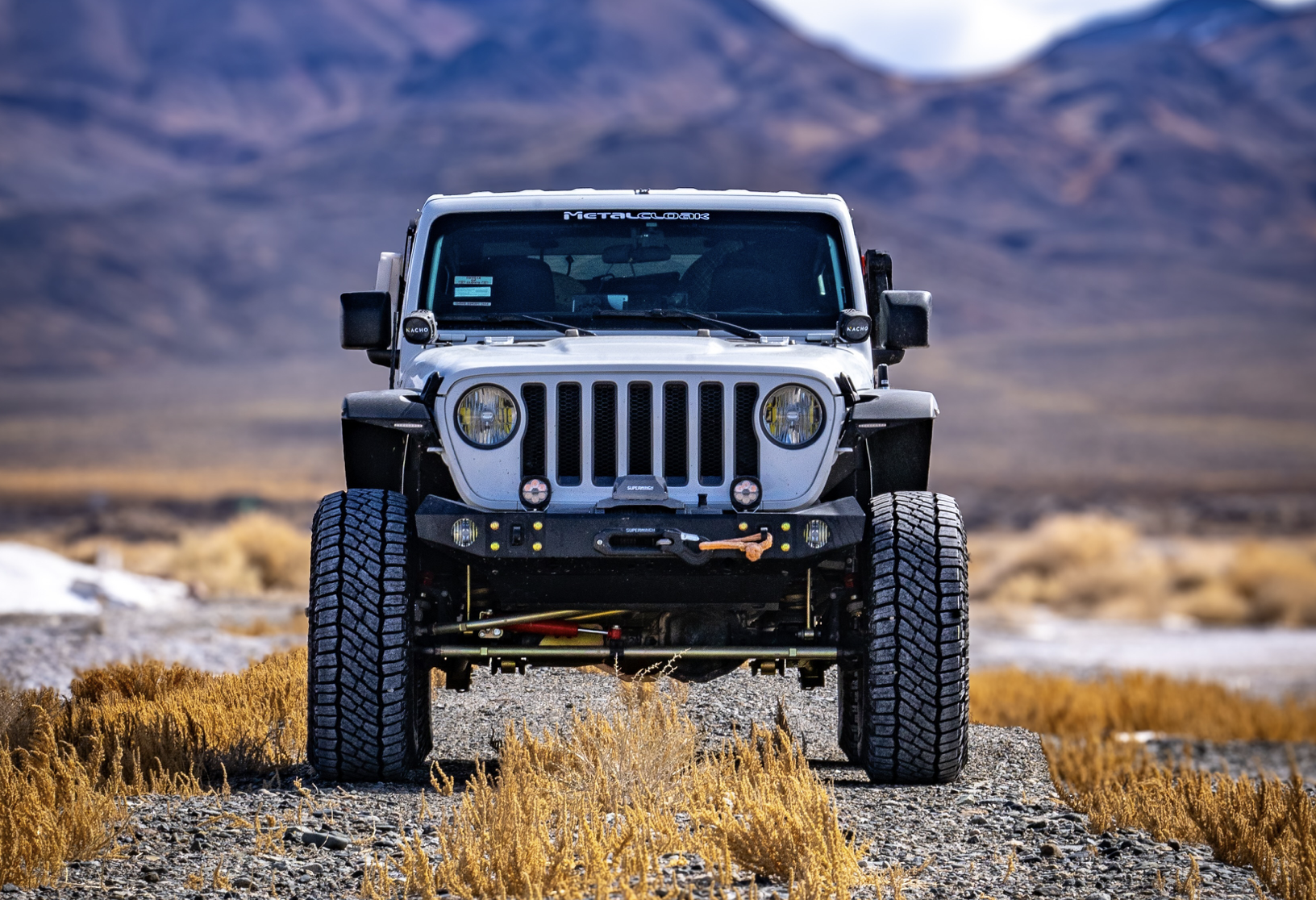
Pros of a Solid Axle:
Durability: Solid axles are rugged and built to handle rough terrain and heavy loads, making them ideal for off-roading.
Simplicity: With fewer moving parts, solid axles are easier and more cost-effective to maintain and repair.
Improved Articulation: Solid axles offer better wheel articulation, providing greater flexibility over challenging terrain.
Cons of a Solid Axle:
Rougher Ride: Solid axles may result in a less comfortable ride due to their limited ability to absorb bumps and vibrations.
Subpar Handling: The connected wheel movement of solid axles can compromise handling and stability on paved roads. 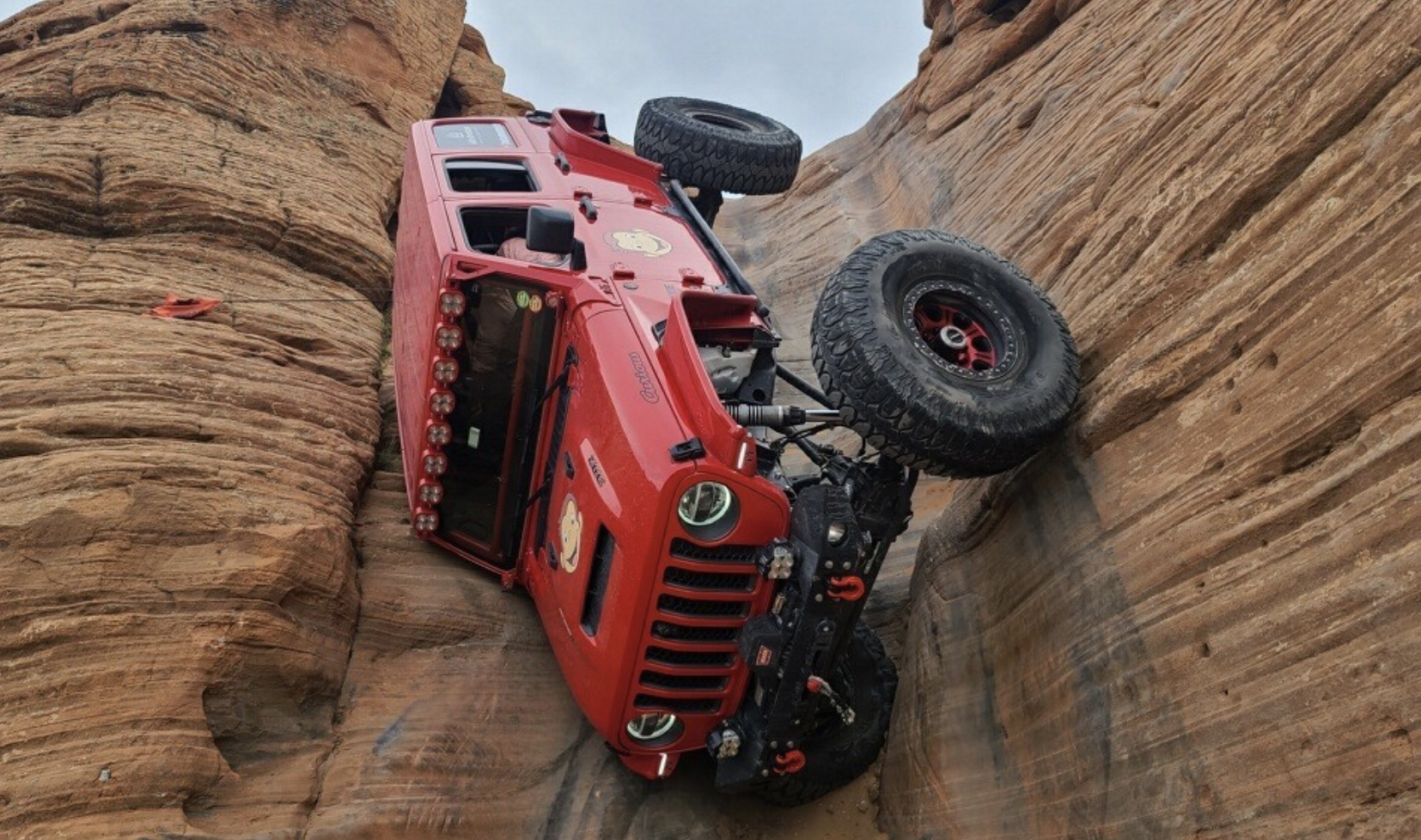
Which Suspension System Is Right for You?
Choosing between IFS and a solid axle depends on your specific driving requirements, preferences, and the types of terrains you'll be navigating.
Opt for IFS If: You prioritize a comfortable ride, improved handling, and are willing to invest in a more complex system.
Choose a Solid Axle If: You're a frequent off-roader seeking a durable, straightforward suspension system that provides maximum articulation.
Both IFS and solid axles offer unique advantages and drawbacks. Your decision should align with your driving style and the adventures you have planned.
Whether you have a solid-axle Jeep Wrangler or an IFS Ford Bronco, Metalcloak has a suspension system for you to optimize your vehicle’s off-road performance.

